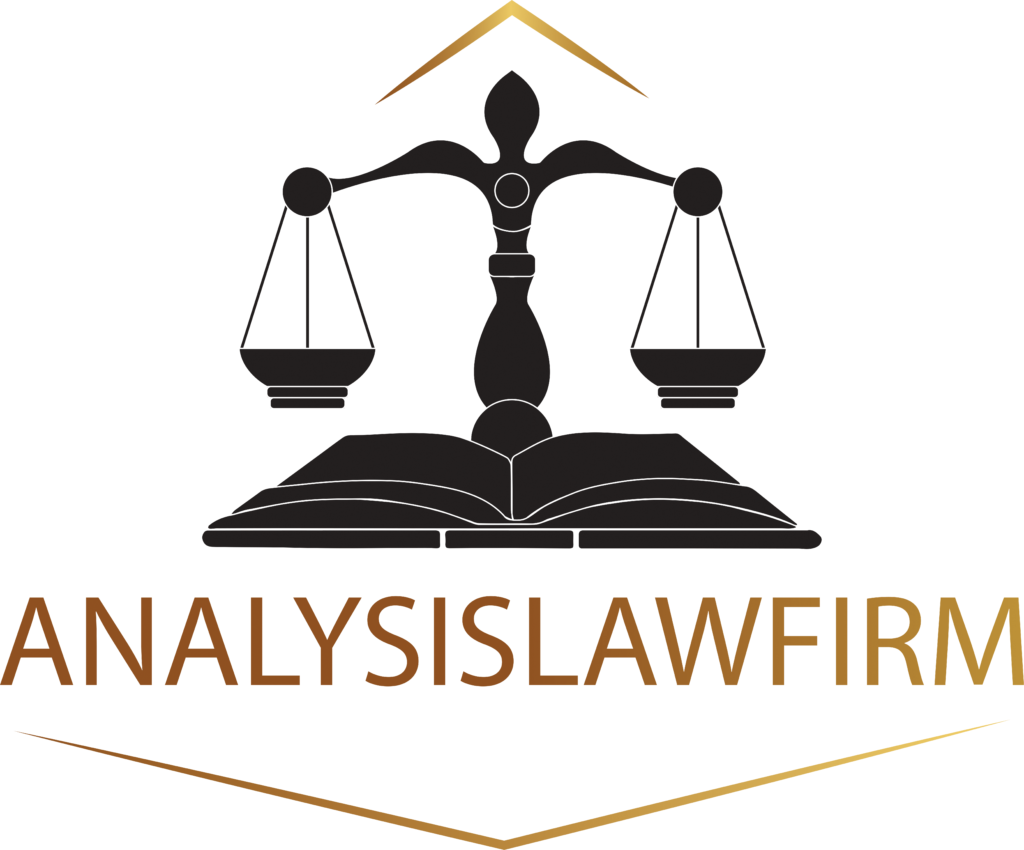About Us

Legal Requirements

Navigating Legal Requirements: A Comprehensive Guide to Registrations & Licenses Consultation
In today's complex regulatory environment, businesses face numerous legal requirements and obligations to operate lawfully. Registrations and licenses play a pivotal role in ensuring compliance and legitimacy in various industries. As a seasoned lawyer with 22 years of experience, specializing in penal law and corporate compliance, I've provided invaluable counsel to a diverse array of clients, including esteemed organizations like IFCI, IIDL, GAIL Limited, and others. In this guide, we'll explore the importance of registrations and licenses consultation, key considerations, and practical strategies for navigating legal requirements effectively.
Understanding Registrations and Licenses:
- Registrations and licenses are legal authorizations granted by government authorities or regulatory bodies that permit individuals or entities to engage in specific activities, operate businesses, or utilize certain resources.
- These permissions vary across industries and jurisdictions, encompassing a wide range of areas such as business operations, environmental compliance, professional services, and more.
- Failure to obtain requisite registrations and licenses can result in severe penalties, including fines, legal sanctions, and even business closure.
Importance of Compliance:
- Compliance with registration and licensing requirements is essential for maintaining legal standing, safeguarding business interests, and upholding corporate reputation.
- Adhering to regulatory standards demonstrates a commitment to ethical conduct, risk mitigation, and corporate responsibility, thereby enhancing trust and credibility among stakeholders.
- Non-compliance poses significant risks, including legal liabilities, reputational damage, and adverse impact on financial performance.
Types of Registrations and Licenses: a. Business Registrations:
- Business registrations entail formalizing the legal structure of a business entity, such as sole proprietorship, partnership, corporation, or limited liability company (LLC).
- These registrations establish the legal identity of the business, facilitate tax compliance, and provide access to government programs, incentives, and resources.
b. Professional Licenses:
- Professional licenses are mandatory credentials required for individuals to practice certain professions or occupations, such as law, medicine, engineering, accounting, and real estate.
- Obtaining professional licenses entails meeting specific educational, training, and examination requirements set forth by regulatory authorities.
- These licenses ensure competency, proficiency, and ethical standards within regulated professions, thereby safeguarding public welfare and consumer interests.
c. Industry-specific Licenses:
- Industry-specific licenses pertain to businesses operating in specialized sectors such as healthcare, pharmaceuticals, telecommunications, energy, construction, and transportation.
- These licenses encompass regulatory approvals, permits, and certifications necessary for compliance with sector-specific regulations, safety standards, and operational guidelines.
- Examples include healthcare facility licenses, telecommunications spectrum licenses, environmental permits, and transportation permits.
d. Environmental and Safety Permits:
- Environmental and safety permits are required for businesses involved in activities that impact the environment, public health, or workplace safety.
- These permits address concerns related to pollution control, hazardous materials handling, waste management, air quality, water conservation, and occupational safety.
- Compliance with environmental and safety regulations is paramount to mitigate environmental risks, protect human health, and prevent potential legal liabilities.
Key Considerations for Registrations and Licenses Consultation: a. Regulatory Landscape:
- Conduct a comprehensive analysis of relevant laws, regulations, and licensing requirements applicable to your industry, jurisdiction, and business operations.
- Stay abreast of regulatory updates, changes, and developments to ensure ongoing compliance and proactive risk management.
b. Due Diligence:
- Perform thorough due diligence to identify and assess all necessary registrations, licenses, permits, and approvals required for your business activities.
- Engage legal experts with specialized knowledge and expertise in your industry to navigate complex regulatory frameworks effectively.
c. Application Process:
- Familiarize yourself with the application procedures, documentation requirements, and timelines associated with obtaining registrations and licenses.
- Prepare accurate and complete applications, ensuring compliance with all regulatory criteria and submission guidelines to expedite the approval process.
d. Compliance Monitoring:
- Establish robust systems and procedures for monitoring ongoing compliance with regulatory obligations, reporting requirements, and renewal deadlines.
- Implement internal controls, audits, and periodic reviews to detect and address any compliance deficiencies or deviations promptly.
e. Legal Support:
- Seek professional legal counsel and representation to address legal challenges, resolve disputes, and navigate regulatory enforcement actions effectively.
- Leverage the expertise of lawyers with specialized knowledge in registrations, licenses, and regulatory compliance to mitigate legal risks and optimize outcomes.
Navigating the complexities of registrations and licenses consultation requires a strategic approach, meticulous attention to detail, and proactive risk management. As a seasoned lawyer with extensive experience in penal law and corporate compliance, I’ve witnessed firsthand the importance of diligent compliance with regulatory requirements. By understanding the significance of registrations and licenses, conducting thorough due diligence, and leveraging legal expertise, businesses can ensure lawful operations, mitigate risks, and achieve sustainable growth in today’s dynamic regulatory landscape.
About Firm
Understanding Registrations & Licenses
Legal permissions enabling specific activities, crucial for compliance and legitimacy in diverse industries.
Importance of Compliance
Upholding legal standards enhances trust, mitigates risks, and safeguards corporate reputation.
Types of Registrations & Licenses:
Business, professional, industry-specific, and environmental permits ensure regulatory adherence.
Key Considerations for Consultation:
Due diligence, application procedures, compliance monitoring, and legal support are vital for navigating regulatory complexities.

